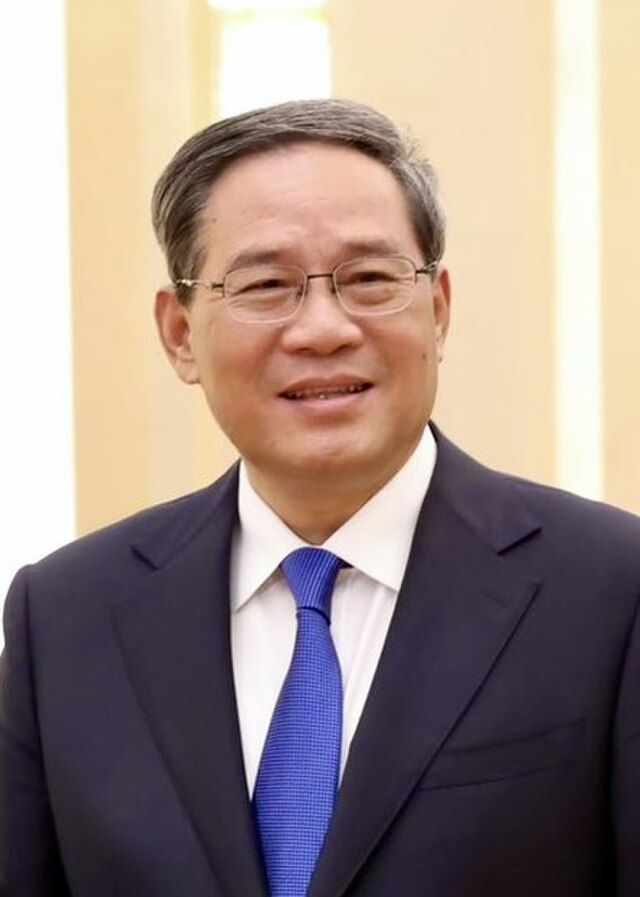Following China’s recent emphasis on developing “new quality productive forces” in its Government Work Report, Premier Li Qiang has urged a coordinated effort to promote the application of artificial intelligence (AI). This push for AI development comes after a series of visits by Li to key players in China’s technological landscape.
Li’s remarks were made on Wednesday after a tour that included a pilot zone in Beijing for advanced autonomous driving, tech giant Baidu, integrated circuit producer Naura Technology Group, and the Beijing Academy of Artificial Intelligence. The concept of “new quality productive forces,” first introduced by President Xi Jinping, emphasizes advanced productivity that transcends traditional economic growth models and prioritizes cutting-edge technology, efficiency, and quality.
Speaking at a symposium following his visits, Li positioned AI as a critical engine for developing these new productive forces. He stressed the importance of forward-looking planning, increased computing power, algorithmic breakthroughs, and data development and utilization. Li further emphasized that achieving high-quality development hinges on fostering new quality productive forces, accelerating breakthroughs in core technologies, and driving industrial innovation through scientific and technological advancements.
However, Li cautioned that promoting new productive forces requires a scientific approach that adheres to the principles of industrial development and adapts to local conditions.
During his visit to the pilot zone for autonomous driving, Li called for upgrading technologies in this field to empower China’s automotive industry and smart city construction. At Baidu’s headquarters, he emphasized the need to expand AI application scenarios and foster a more favorable environment for the development of China’s AI industry as a whole.
Li’s visit to Naura Technology Group focused on encouraging increased investment in research and development, particularly for advanced equipment, with the goal of strengthening the company’s role in integrating innovation throughout the industrial chain. Finally, at the Beijing Academy of Artificial Intelligence, Li urged the institution to dedicate its full resources towards achieving breakthroughs in core technologies and reaching international advanced levels.
This series of visits and pronouncements by Premier Li make it clear that China views AI as a strategic driver for its economic future. By promoting the development and application of AI across various industries, China aims to achieve a new level of economic growth characterized by efficiency, innovation, and technological leadership.

